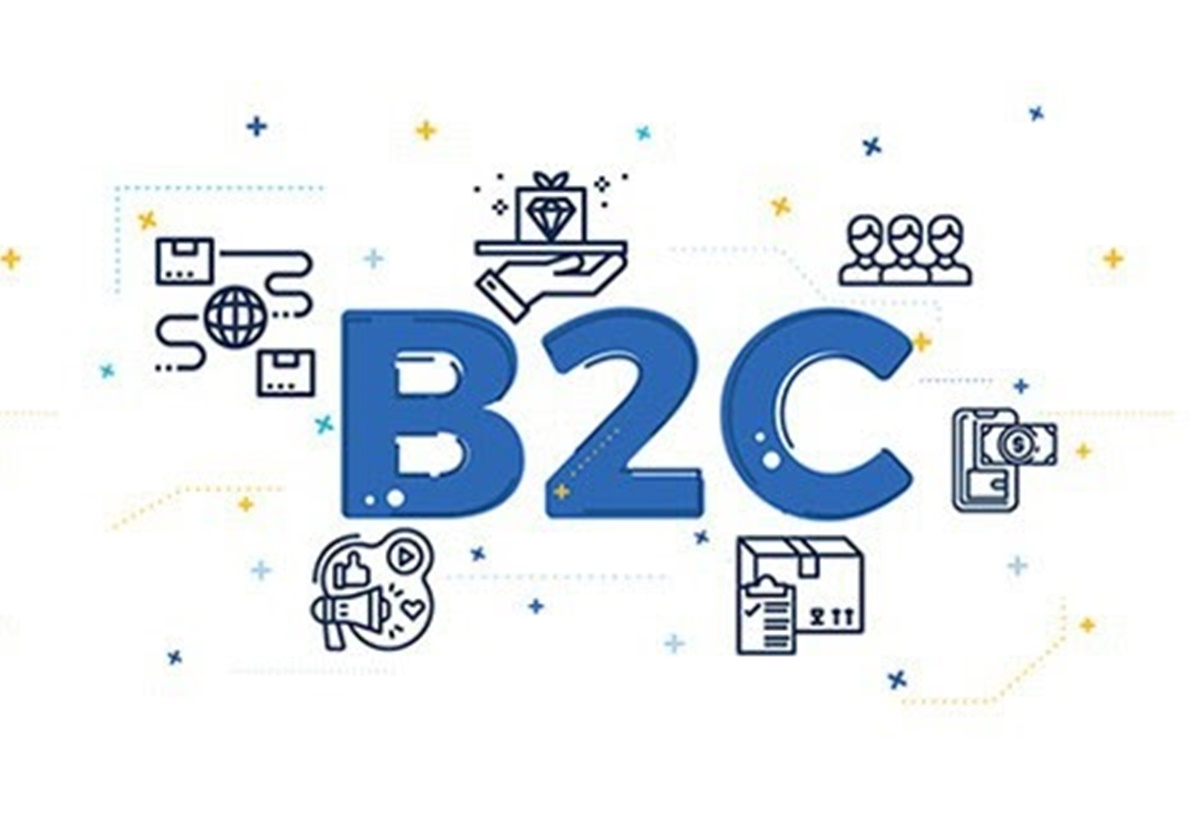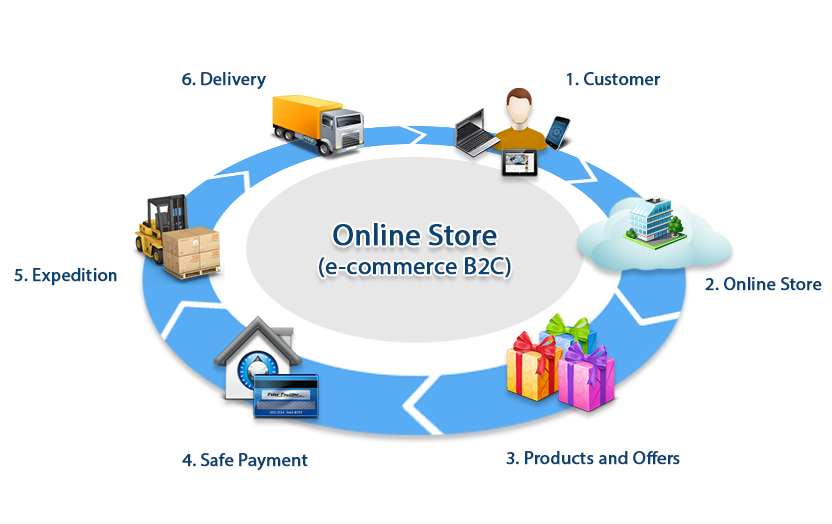Introduction
A Standard Service Agreement with Intellectual Property (IP) Provisions (B2C) is a legal document that governs the terms of service provision between a business and a consumer, particularly addressing the ownership and usage rights of intellectual property. This guide outlines key considerations and clauses for drafting such an agreement in accordance with UK laws, specifically those of England and Wales.
Parties Involved
Identify the parties entering into the agreement, namely the service provider (business) and the consumer. Clearly outline their roles, responsibilities, and contact details.

Scope of Services
Define the services to be provided by the service provider to the consumer. Specify the nature, scope, quality standards, and any limitations of the services. This section should provide clear descriptions to avoid misunderstandings.
Intellectual Property Rights
Include detailed provisions regarding the ownership and usage rights of intellectual property associated with the services. Specify whether any pre-existing intellectual property belongs to the service provider or the consumer, and clarify ownership of any new intellectual property created during the provision of services.
Licensing and Usage Rights
Outline the licensing terms for any intellectual property involved in the provision of services. Specify the extent of the consumer’s rights to use the intellectual property, including any limitations or restrictions.
Confidentiality and Data Protection
Incorporate clauses addressing confidentiality obligations and data protection requirements. Both parties should agree to handle sensitive information securely and in compliance with relevant data protection laws, such as the General Data Protection Regulation (GDPR).
Payment Terms
Specify the fees for the services provided and the payment terms. Detail invoicing procedures, payment due dates, and any penalties for late payment. Ensure transparency regarding fees and any additional charges.
Service Levels and Performance Metrics
Establish measurable service levels and performance metrics to ensure accountability and quality assurance. Include provisions for monitoring, reporting, and addressing performance issues to maintain consumer satisfaction.
Liability and Indemnification
Define the liability of each party in the event of breaches of the agreement or intellectual property infringement. Include provisions for indemnifying each other against third-party claims related to the services provided.
Termination and Cancellation
Outline the conditions under which either party can terminate or cancel the agreement. Specify notice periods, termination procedures, and any associated penalties or obligations upon termination.
Governing Law and Jurisdiction
State that the agreement is governed by the laws of England and Wales and specify the jurisdiction for resolving any legal disputes. This ensures consistency with UK legal principles and facilitates efficient resolution of legal matters.
Conclusion
A Standard Service Agreement with IP Provisions (B2C) is essential for businesses providing services to consumers while protecting intellectual property rights. By carefully drafting and negotiating the terms outlined in this guide, both parties can ensure legal compliance, protect their interests, and maintain a positive business relationship. It is advisable to seek legal advice when drafting and reviewing such agreements to ensure they meet specific business requirements and legal standards.
Frequently Asked Questions (FAQs) for Standard Service Agreement with IP Provisions (B2C)
What is a Standard Service Agreement with IP Provisions (B2C)?
A Standard Service Agreement with IP Provisions (B2C) is a legal contract between a business (service provider) and a consumer that governs the terms of service provision, particularly addressing the ownership and usage rights of intellectual property.
What are IP provisions in a service agreement?
IP provisions refer to clauses within the agreement that outline the ownership, usage rights, licensing terms, and protection of intellectual property associated with the services provided by the business to the consumer.
Who owns the intellectual property in a B2C service agreement?
The ownership of intellectual property typically depends on the terms specified in the agreement. It may belong to the service provider, the consumer, or be jointly owned based on the arrangement outlined in the IP provisions.
What types of intellectual property are covered in this agreement?
Intellectual property covered may include copyrights, trademarks, patents, trade secrets, and any other proprietary information or creations related to the services provided by the business.
Can consumers use the intellectual property provided by the business?
Yes, consumers may be granted certain rights to use the intellectual property as outlined in the agreement. These rights are typically specified in the IP provisions, including any limitations or restrictions on usage.
How are confidentiality and data protection addressed in the agreement?
Confidentiality and data protection clauses are included to ensure that both parties handle sensitive information securely and in compliance with relevant data protection laws, such as GDPR.
What are the payment terms in a B2C service agreement?
Payment terms specify the fees for the services provided, invoicing procedures, payment due dates, and any penalties for late payment or additional charges.
How are service levels and performance metrics determined in the agreement?
Service levels and performance metrics are established to ensure accountability and quality assurance. These provisions outline the standards that the business must meet in delivering services to the consumer.
What happens in the event of termination or cancellation of the agreement?
The agreement specifies the conditions under which either party can terminate or cancel the agreement, including notice periods, termination procedures, and any associated penalties or obligations.
Is legal advice recommended when entering into this agreement?
Yes, it is advisable to seek legal advice when drafting and reviewing the Standard Service Agreement with IP Provisions (B2C) to ensure it meets specific business requirements, protects intellectual property rights, and complies with relevant laws and regulations.
Introduction
This Standard Service Agreement with Intellectual Property (IP) Provisions (“Agreement”) is entered into on [insert date] between [Service Provider], a company registered in [insert jurisdiction], and [Consumer], an individual residing in [insert jurisdiction], collectively referred to as the “Parties.”
Services
- Description of Services: [Describe the services to be provided by the Service Provider to the Consumer.]
- Quality Standards: [Specify any quality standards or performance expectations for the services.]
Intellectual Property Rights
- Ownership: [Clarify ownership of intellectual property associated with the services, including pre-existing IP and any new IP created during service provision.]
- Licensing and Usage Rights: [Outline the licensing terms for the Consumer’s use of the Service Provider’s intellectual property.]
Confidentiality and Data Protection
- Confidentiality: Both Parties agree to maintain the confidentiality of any proprietary or sensitive information shared during the Agreement.
- Data Protection: [Specify compliance with relevant data protection laws and procedures for handling personal data.]
Payment Terms
- Fees: Consumer shall pay Service Provider [insert amount] for the services provided under this Agreement.
- Payment Terms: [Specify invoicing procedures, payment due dates, and any penalties for late payment.]
Service Levels and Performance Metrics
- Service Levels: [Establish measurable service levels and performance metrics that Service Provider must meet.]
- Performance Monitoring: [Outline procedures for monitoring, reporting, and addressing performance issues.]
Liability and Indemnification
- Liability: Define each party’s liability in case of breaches or intellectual property infringement.
- Indemnification: Include provisions for indemnifying each other against third-party claims related to the services provided.
Termination and Cancellation
- Termination: Either Party may terminate this Agreement upon [insert notice period] written notice to the other Party.
- Effect of Termination: Specify the consequences of termination, including any obligations or penalties.
Governing Law and Jurisdiction This Agreement shall be governed by the laws of [insert jurisdiction]. Any disputes arising under this Agreement shall be subject to the exclusive jurisdiction of the courts of [insert jurisdiction].
Amendments and Waivers
- Amendments: This Agreement may only be amended in writing and signed by both Parties.
- Waivers: No waiver of any provision of this Agreement shall be effective unless it is in writing and signed by the Party against whom the waiver is to be enforced.
Entire Agreement This Agreement constitutes the entire understanding between the Parties regarding the subject matter and supersedes all prior agreements, representations, and understandings.
Signatures
Signed for and on behalf of [Service Provider
3.5
- Press Release – New Product Announcement - July 19, 2024
- Blog Advertising Agreement - July 18, 2024
- Free Prize Draw Terms and Conditions - July 17, 2024






